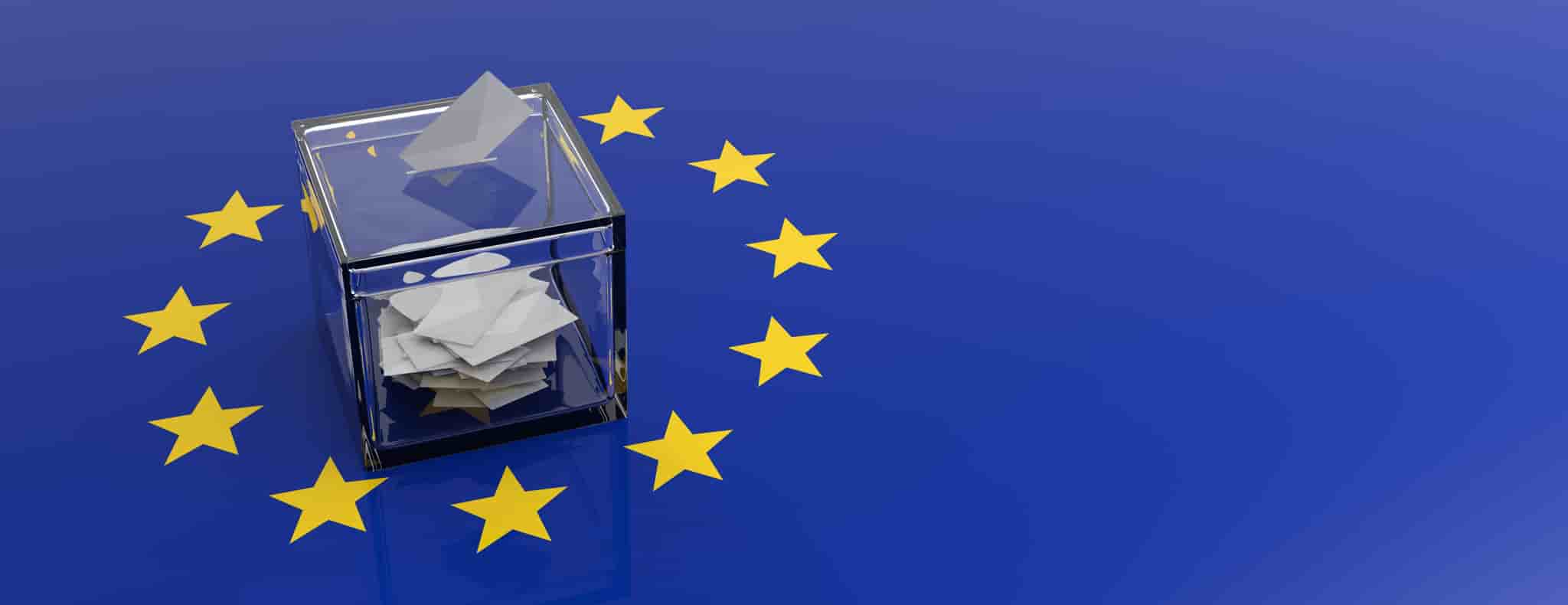Citizens of the European Union’s 28 member states go to the polls this week to choose their representatives to the European Parliament. Following Russian interference in several high-profile elections over the past three years, European governments are on high alert for signs of such meddling on social media or in electoral IT systems. But, while EU institutions and national governments are tracking potential threats like disinformation and cyberattacks, recent events in Austria and Italy show that foreign authoritarian actors are finding other under-examined, but equally insidious ways to infiltrate campaigns and harm democracy in Europe.
It is no surprise that disinformation and cyberattacks are on everyone’s radar. In the two most prominent recent cases of Russian interference in democratic elections, during the 2016 U.S. and 2017 French presidential elections, malign actors penetrated campaign computer systems and leaked hacked documents to the media with the intention of harming specific candidates. In both cases, Russian government-linked actors maximized the impact of the cyberattack by widely disseminating this weaponized information. Russian operatives posed as concerned citizens on social media platforms and, helped by automated programs known as “bots,” flooded the public discourse with divisive narratives.
European states have established several instruments meant to prevent a repeat of these incidents. In December 2018, EU institutions published an Action Plan Against Disinformation, which recommends the establishment of a Rapid Alert System that will, in time, pool the disinformation-monitoring capabilities of the EU, NATO, their member states, and other relevant stakeholders. In addition, social media platforms have undertaken new commitments under an EU Code of Practice that is meant to improve the transparency and accountability of its signatories.
Meanwhile, the EU directive on security of network and information systems has provided a framework within which member states can exchange best practices and coordinate their efforts to secure election infrastructure. And, only last week, the bloc adopted new legislation allowing it to impose sanctions upon actors responsible for cyberattacks on EU institutions, member states, third states, and international organizations.
These first steps to tackle disinformation and cybersecurity are important. However, other vulnerabilities have not attracted as much attention. This is especially true of the financing of political parties and campaigns. It bears reminding that the European Parliament elections are in fact 28 national elections, each with its own rules and regulations. That means that the issue of election finance is a matter of national law. With 28 different frameworks for what is and is not allowed, foreign authoritarian actors have several loopholes to exploit.
The overwhelming majority of EU member states have full or partial bans on foreign donations to political parties and candidates. But some, such as Italy, have no such restrictions. The alleged Russian financial support to Deputy Prime Minister and Interior Minister Matteo Salvini’s Lega party, may very well be legal, but still highly subversive—and certainly corrupt. Salvini and one of his close advisers are reported to have discussed Russian funding to Lega via an opaque gas purchase agreement during a state visit to Moscow last October.
Even in European countries where the law limits the sources of political funding, foreign authoritarian actors can find ways to circumvent them and offer support to their allies. For instance, France prohibits corporations, unions, and other collectives, most notably foreign governments, from making donations to political parties. But the law does not prohibit parties from taking out loans with foreign banks. That loophole allowed Marine Le Pen’s far-right National Front party to take out a €9.4 million loan from a Russian bank in 2016. The legality of the loan could not mask the fact that senior Russian government officials helped orchestrate the deal, signaling Moscow’s clear support for a presidential candidate in another country.
The United Kingdom bans all foreign funding to political parties. That did not stop businessmen connected to then-Russian ambassador to the country, Aleksandr Yakovlenko, from offering Arron Banks, the key funder of the Leave.EU campaign in the 2016 Brexit referendum, the opportunity to invest in gold and diamond mines. The British press also reports that Leave.EU staff met with representatives of the Russian government as many as eleven times in the lead-up to the referendum. U.K. law also exempts parties from reporting donations smaller than £500. The Electoral Commission is currently investigating whether Nigel Farage, leader of the new Brexit Party and a known associate of Banks, has been receiving small foreign donations and hiding their origins.
Most recently, in Austria, a leaked video showed Heinz-Christian Strache, the head of the far-right Freedom Party and vice chancellor in the coalition government, engaging in overt corruption with a woman he believed to be the niece of a Russian oligarch close to President Vladimir Putin. In the video, Strache suggests that the woman purchase a major Austrian newspaper and turn it into a mouthpiece for his party in exchange for government contracts.
The soliciting party in this case of interference was not a foreign actor but, in fact, a domestic politician. The scandal—which has led to resignation of Strache and the other Freedom Party ministers from the government—shows how European politicians with pro-Russia views can not only be eager to accept, but also seek corrupt money from abroad to facilitate their own electoral and political success.
Securing the European Parliament elections from information operations and cyberattacks is a critical part of election security in Europe. But it is not the whole story. There are other avenues of interference available to malign actors who have an interest in undermining democracy. Only by thinking holistically about foreign authoritarian interference and by tackling vulnerabilities in all aspects of democratic governance and institutions, including elections, can Europe safeguard democracy.
The views expressed in GMF publications and commentary are the views of the author alone.





